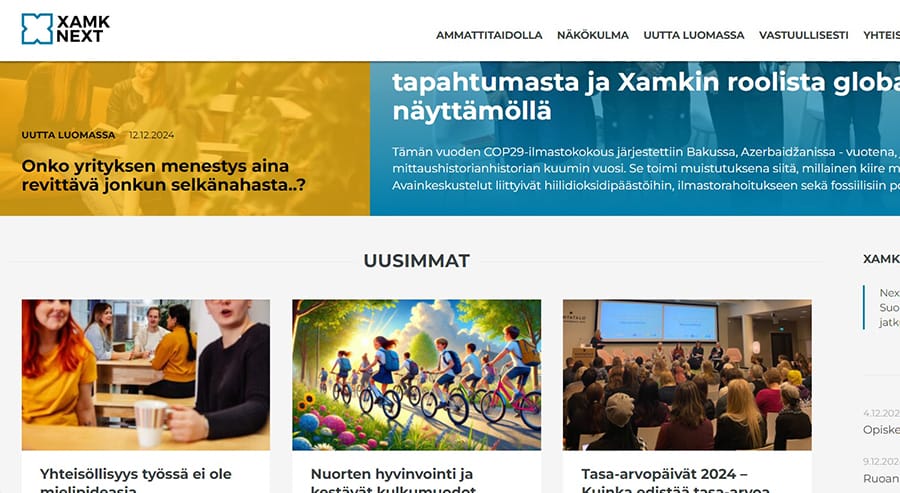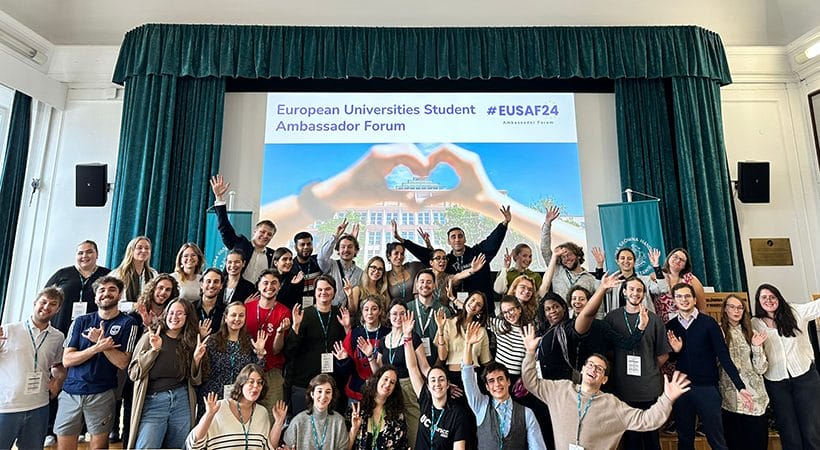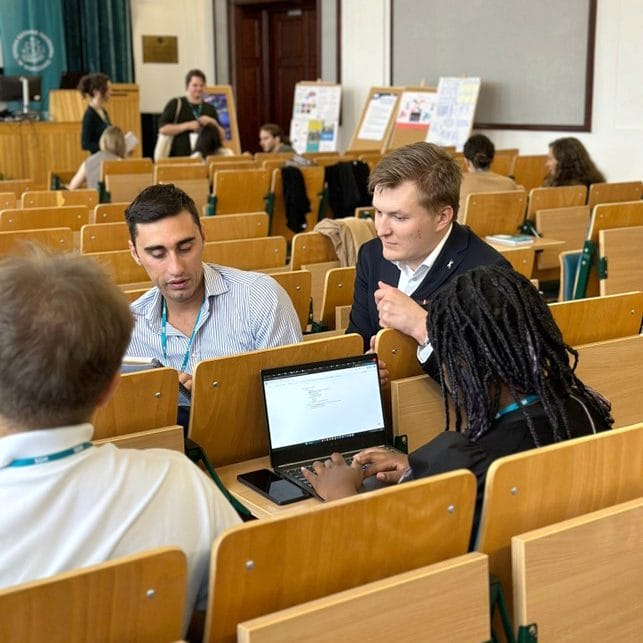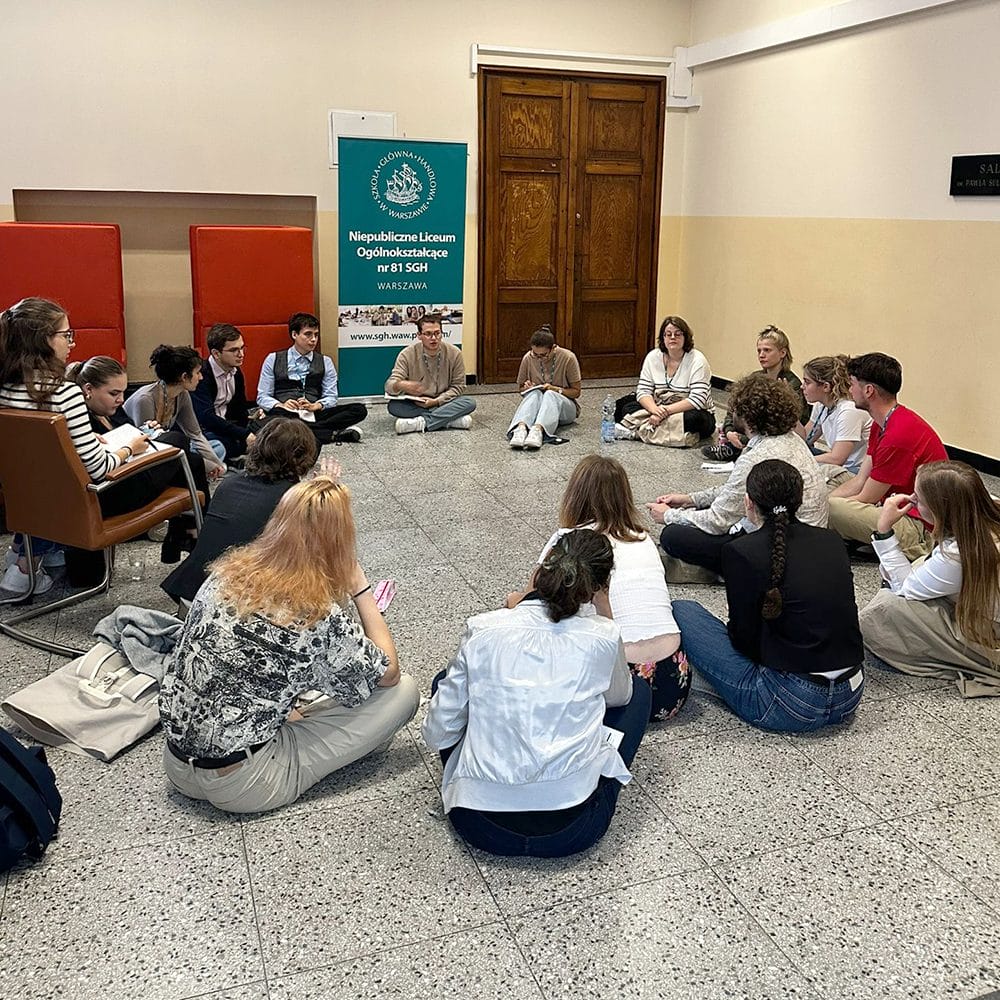Students across Europe gathered to discuss the future of European education
“Education is the most powerful weapon which you can use to change the world” said Nelson Mandela in his speech at Boston Madison Park High School in June 1990.
This sentiment has been vividly brought to life in Europe by acknowledging the benefits of intercultural education, university collaboration, and Erasmus mobility. Recently, the Erasmus Student Network (ESN) organised a European Universities Ambassador Forum for alliances like INGENIUM to bring their representatives together, both in person and online, to share experiences and ideas on how to tackle common issues.
The European Student Ambassador Forum aims to foster better student life in universities across Europe. This year, it was held in Poland at the SGH Warsaw School of Economics from September 12th to 14th. Participants came from across Europe to attend, and I attended as a representative of the INGENIUM European University alliance. As this was my first time as well as everyone else’s, while being the first European Student Ambassador Forum organised ever, there was a general sense of anticipation and uncertainty about what to expect.
The forum, which spanned three days, included a series of networking sessions, poster sessions, and workshops. Participants had the opportunity to engage with experts and each other in fields such as lobbying, student engagement, partnerships and marketing, exchange perspectives, and develop strategies to address some of the most pressing challenges they are facing. Simultaneously, experts from ESN received reports about the current state of studying in Europe. This included information regarding some alliances’ lack of student representatives and student advisory boards, as well as changes in education systems and budgetary changes.
One of my personal highlights was a poster session where the participating European University Alliances were grouped together. Each group was tasked with introducing all the alliances in their group, recognising what is unique about each alliance, identifying their strengths, and discussing the challenges they face. Many alliances shared significant issues. Common concerns included poor student engagement and low alliance recognition among students. Regardless, alliances have succeeded in connecting the universities, and many are already organising collaborative courses. The INGENIUM European University alliance is very developed in terms of student representation, and researchers are quite well connected through Horizon projects. ESN emphasised that collaboration between alliances and local-level actors, like student unions and student associations, should be enhanced, e.g., via campaigns.
Reflecting on the event, many of the attendees expressed their satisfaction and enthusiasm for the future. Personally, I found the networking events helped to plant the seeds of collaboration. As the European Student Ambassador Forum continues to grow, its impact on student life remains to be seen. Nevertheless, it reminds us that we can create a brighter future for European education.







